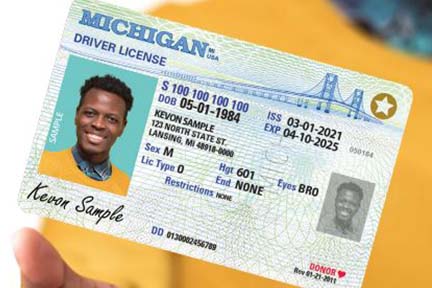Written Tuesday March 26th at 10:10 AM

This is way too early for me to even think about with spring sports underway, here is the early top 24. I am including Waterford Kettering and Waterford Mott even though they are not in the OAA yet. It is spring break and these are NOT the official rankings that comes in August.
Here is the Early Top 24 for NOW.
1. Adams: Highlanders have a ton of proven experience and proven young talent to make a deep run this fall.
2. Harper Woods: Pioneers have a ton of proven offensive talent, defense is a serious concern.
3. Stoney Creek: Cougars are the most dangerous team in the OAA.
4. Clarkston: Wolves have a ton of proven offensive talent, defense is a serious concern.
5. Lake Orion: Dragons have to find their identity, if they do look out.
6. West Bloomfield: Jamal Shakespeare has to do a ton for the Lakers.
7. Oxford: Wildcats have the talent but they don’t have a new coach yet.
8. North Farmington: Stone Trevino is a player to watch this fall.
9. Farmington: Falcons lost a ton but have some proven talent coming back.
10. Groves: Falcons lost a ton, have a lot of questions heading into fall.
11. Seaholm: Maples were young last season, this is a darkhorse in the White.
12. Bloomfield Hills: New Coach Scott Merchant should bring spice to the Blackhawks.
13. Rochester: Falcons have some questions heading into fall.
14. Southfield Arts and Tech: Can the Warriors make progress after a rough season???
15. Oak Park: Could this be the year the Knights put it all together???
16. Troy Athens: Could this be the year the Red Hawks put it all together???
17. Waterford Kettering: Coach Brian Barnes has done a great job with the Captains.
18. Waterford Mott: New coach means transition period which has to happen during the season.
19. Avondale: Changing systems is a serious concern for the Yellow Jackets.
20. Berkley: Coach Casey Humes needs his Bears to take the next step in his second year.
21. Ferndale: Eagles lost a ton of talent and have a new coach. Tough transition period is ahead.
22. Royal Oak: Ravens starting to develop identity, next step is a question mark.
23. Troy: Colts lost a ton of experience, will be very interesting to see who steps up.
24. Pontiac: Phoenix replacing a ton from last season.




 FOR IMMEDIATE RELEASE
FOR IMMEDIATE RELEASE



 Muller also shares insights from reporting on a
Muller also shares insights from reporting on a  Lastly, she talks about
Lastly, she talks about 